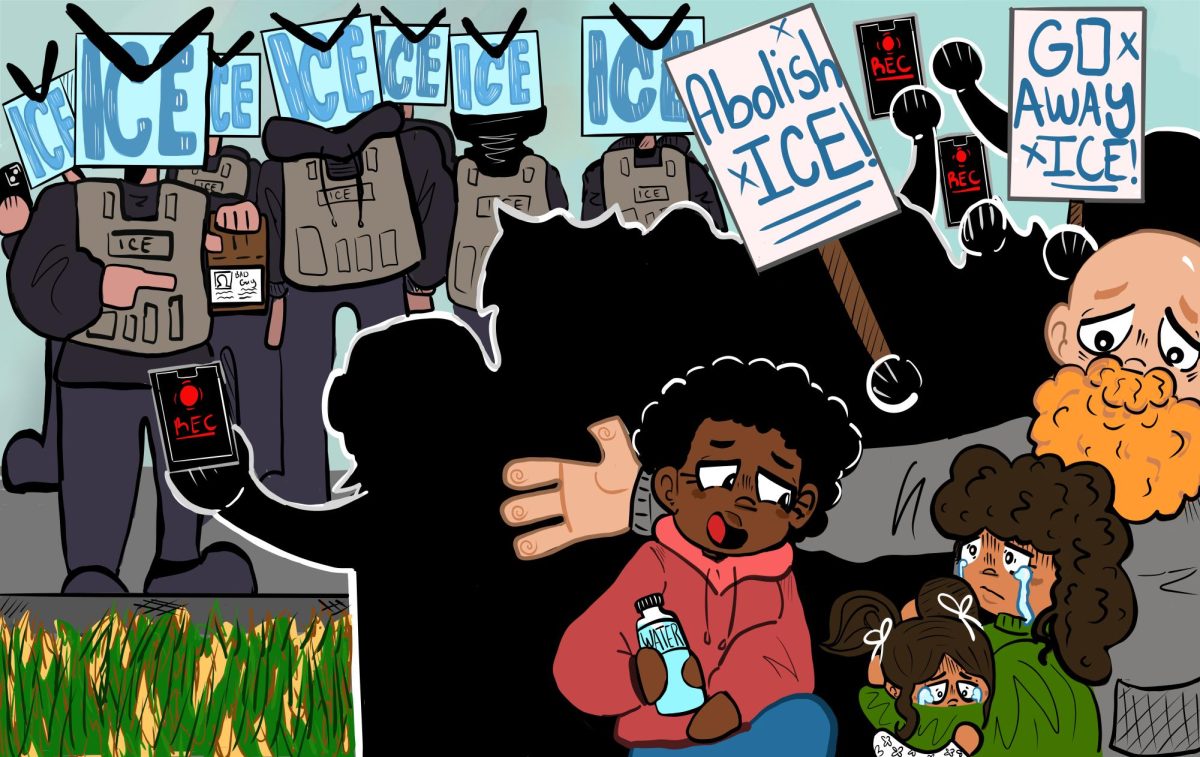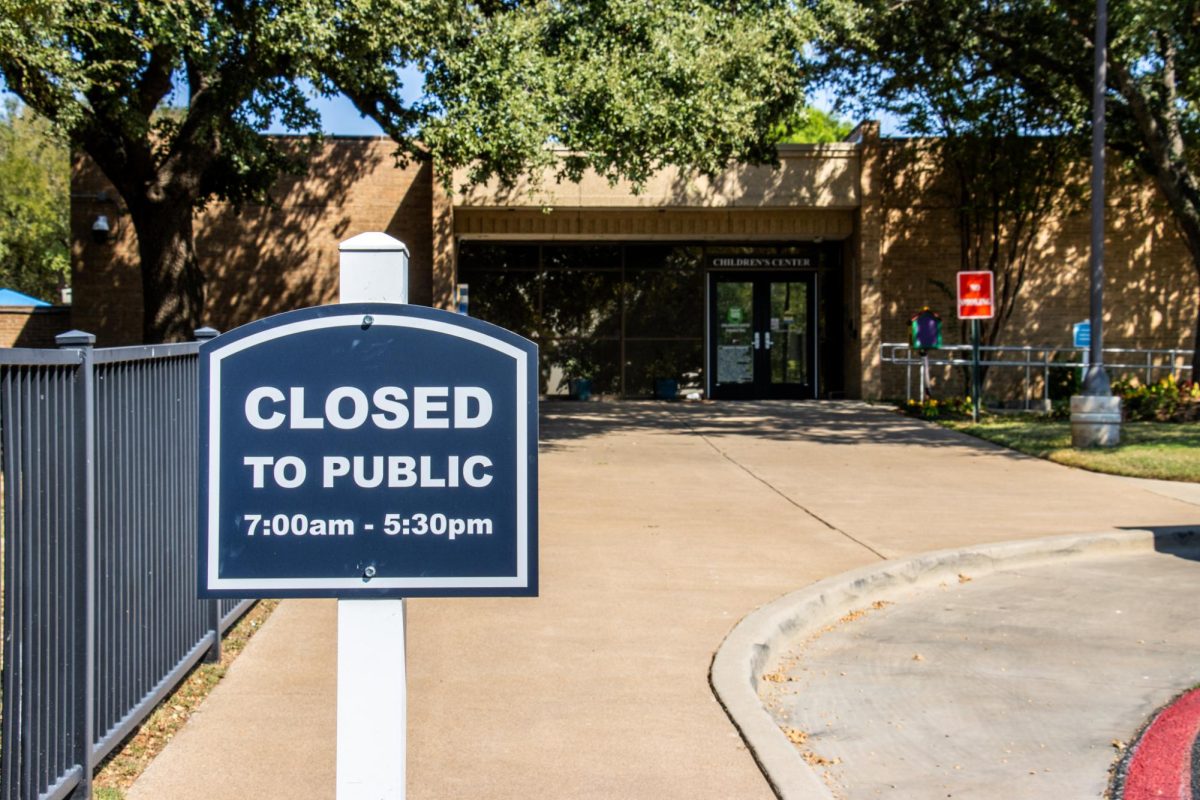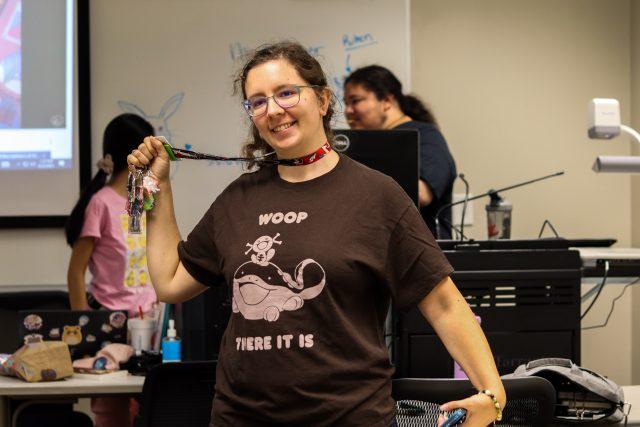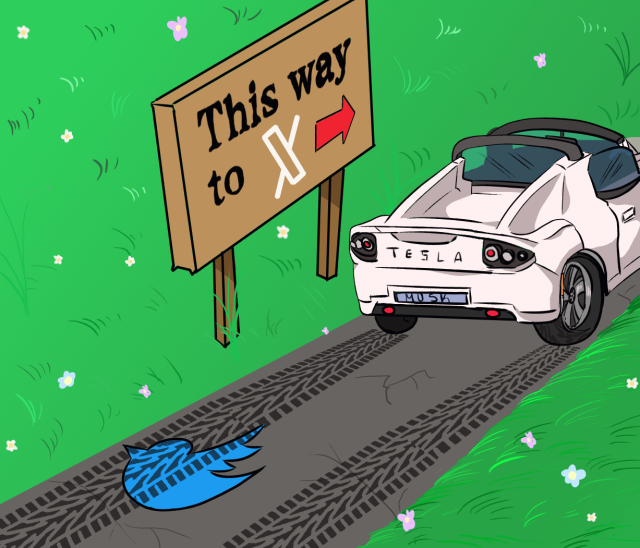XAVIER BOATNER
campus editor
xavier.boatner@my.tccd.edu
Due to ongoing labor disputes in the entertainment industry, numerous writers and actors have gone on strike in hopes of receiving better treatment.
The Writers Guild of America union and the Screen Actors Guild – American Federation of Television and Radio Artists union went on strike on July 13 to advocate for stronger compensation after negotiations with studios/employers fell through.
“We have not reached an agreement with the studios and streamers,” Writers Guild of America’s website posted. “Companies’ business practices have slashed our compensation and residuals and undermined our working conditions. We are determined to achieve a new contract with fair pay that reflects the value of our contribution to company success and includes protections to ensure that writing survives as a sustainable profession.”
The size of the strikes has only increased as the months have gone on. According to The New York Times, as of Aug. 23, the “major entertainment studios took the unusual step on Tuesday night of publicly releasing details of their most recent proposal to the union that represents 11,500 striking television and movie writers.”
This strike has left many people in the writing and acting field concerned for their livelihoods, as well as the future of the entertainment industry at large.
“The villain in my opinion is the studios,” NE Campus associate Drama professor Jakie Cabe said. “They’re not giving worth and value to the changing marketplace which has made them insane amounts of money and not adjusted that scale for the writers and the actors.”
Cabe further explained why he felt the actions of the studios were a negative for entertainers but shared his optimism for the strike and its potential impact.
“The fact that the studios and producers’ guild would think they can hold money away from those who create, write, cast and put content together while they just say yes to deals and have no hand in the artistic work that gets done is pretty deplorable,” Cabe said. “I believe this strike is going to take a while to reach an agreement. I support my fellow union members 100%. We deserve better.”
Other entertainers have mirrored similar sentiments regarding the negative perception of studios and producers.
“For far too long, producers have reaped all the financial benefits of successful productions,” CN Campus adjunct Drama instructor Susan Polster said. “Yes, they assume the most financial risk upfront in investing in a production, (be it film, television or stage), but they wouldn’t have a product without the actors or writers – who are almost universally under-compensated.”
One of the leading causes behind this under compensation is the advent of AI integration into recent or upcoming productions.
“So, I am all for renegotiation of contracts for higher recognition and compensation,” Polster said. “But with the advent of Generative AI, writers and actors for screen face yet another alarming reality.”
Cabe said he is worried the average person may be unaware of the gravity of the strikes, and even provided his experiences regarding under compensation in the entertainment business.
“I worry the general public thinks it’s the really rich actors and writers just being bratty wanting even more money – it’s not,” Cabe said. “It is the every day actors like myself who get residuals for television programs, films, etc. that they’ve done and not been adjusted for years to make sense with things like streaming.”


































